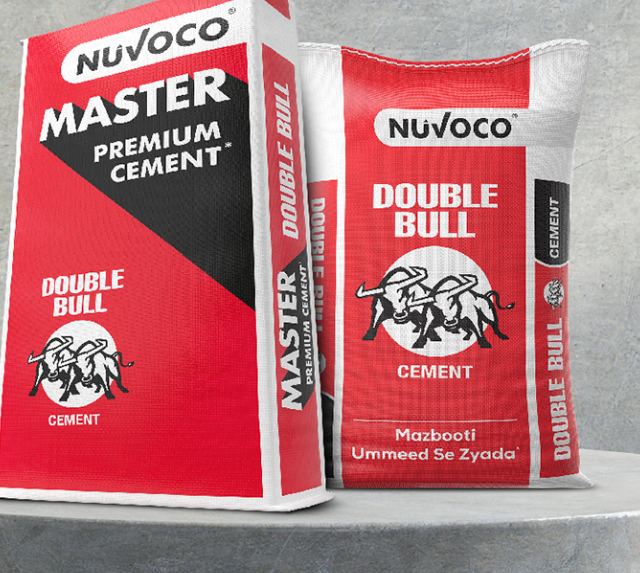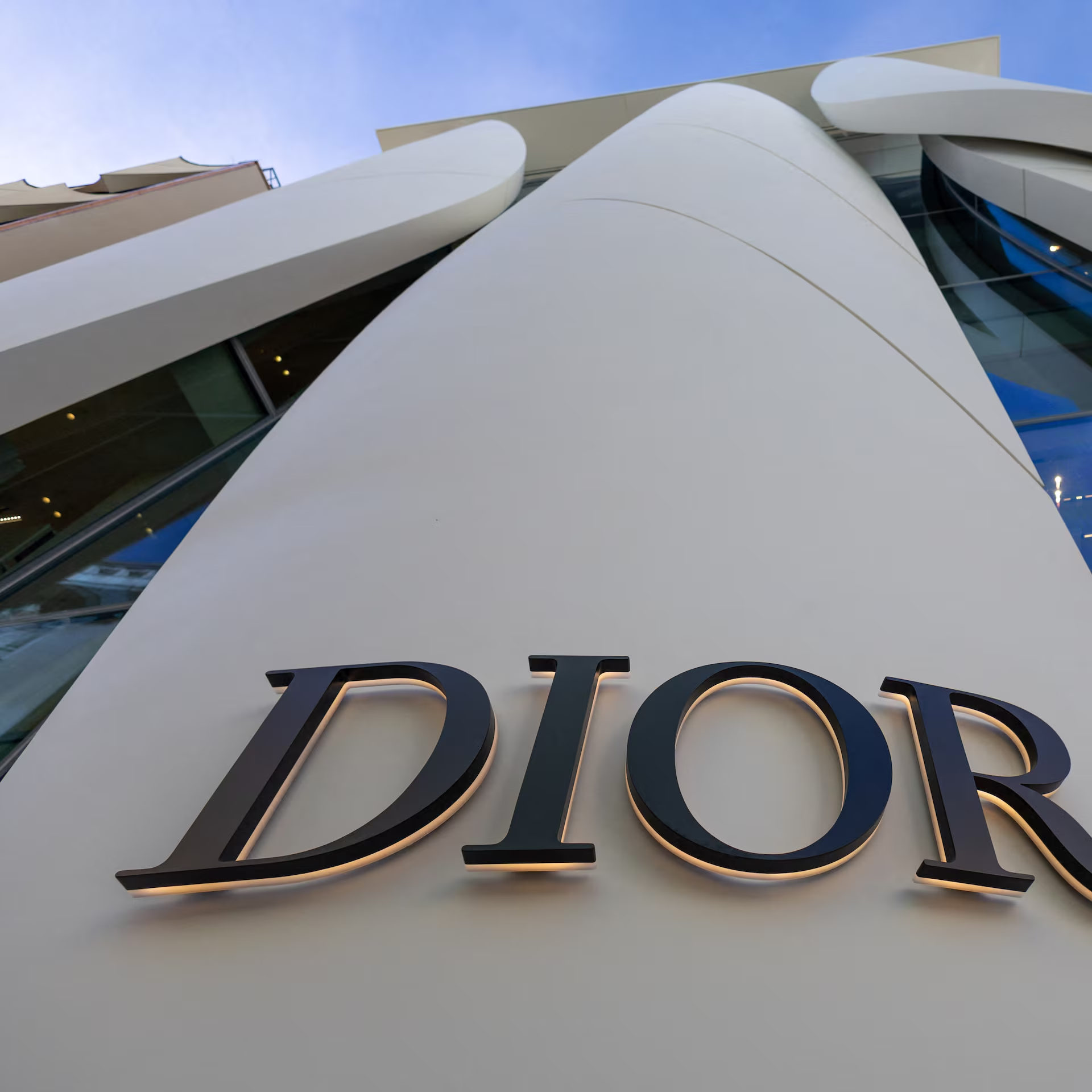In a twist that’s sending ripples through the AI and design tech space, OpenAI has been forced to pull down promotional materials surrounding its high-profile partnership with legendary designer Sir Jony Ive — following a trademark dispute with emerging AI hardware startup iyO.
The legal drama began after a U.S. federal judge granted a restraining order in response to iyO’s claim that OpenAI’s new hardware initiative, branded as “io”, is confusingly similar to iyO’s existing brand identity — potentially threatening the startup’s survival.
The Dispute: Big Tech vs. Startup Resilience
iyO, founded by ex-Google executive Jason Rugolo, builds AI-powered earbuds branded as iyO ONE, featuring integrated conversational voice assistants. The company alleges that OpenAI and Ive’s venture — which acquired a hardware firm also using the name “io” — infringes on its trademark and undercuts its market position.
Rugolo didn’t hold back in his criticism. Speaking to media, he described the situation as a textbook case of corporate overreach, accusing OpenAI of using its scale and influence to suppress a smaller rival. “If we didn’t win the restraining order,” he said, “this announcement could have killed us.”
A Timeline of Tension
The tension reportedly stems from earlier acquisition talks between iyO and OpenAI. According to court documents:
- iyO reached out to OpenAI CEO Sam Altman in March 2025.
- Meetings followed with OpenAI VP of Product Peter Welinder, and former Apple execs Evans Hankey and Tang Yew Tan, now part of Ive’s team.
- During these meetings, iyO shared deep technical insights, including its software stack.
Rugolo claims these meetings implied genuine acquisition interest. But OpenAI pushed back hard.
“This is a baseless trademark complaint, not about stolen ideas or tech,” OpenAI stated. “iyO demoed a non-functioning prototype. We passed.”
Tan further alleged in court filings that iyO appeared financially distressed, proposing a $200M sale while allegedly raising the naming issue as leverage. Rugolo, however, flatly rejected this characterization, calling it “100% false.”
What Happens Next?
The court has temporarily blocked OpenAI from using the “io” name in connection with its hardware unit. A preliminary injunction hearing is set for October 2025, with a full trial scheduled for January 2028.
Notably, OpenAI has argued the suit is premature, given that their hardware line is “at least a year away from launch” and isn’t focused on in-ear devices like iyO’s flagship product.
Strategic Takeaway
For OpenAI, this episode underscores the new scrutiny facing Big AI firms as they expand into hardware and consumer markets — particularly when crossing paths with agile, IP-sensitive startups. For startups like iyO, it’s a reminder that in the generative AI age, branding, IP rights, and timing are just as critical as breakthrough innovation.
This may not be the last time we see AI’s corporate giants collide with early-stage disruptors in the race for AI hardware dominance.
Stay tuned with 365247 Media as we track the outcome of this case and what it means for the future of AI-powered devices and IP enforcement in the tech world.


